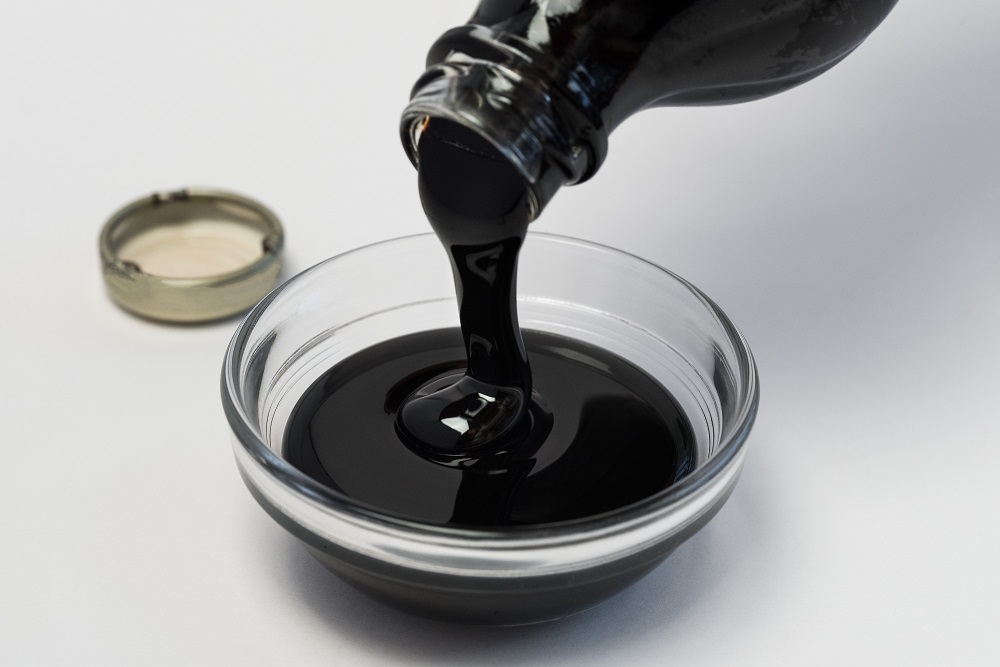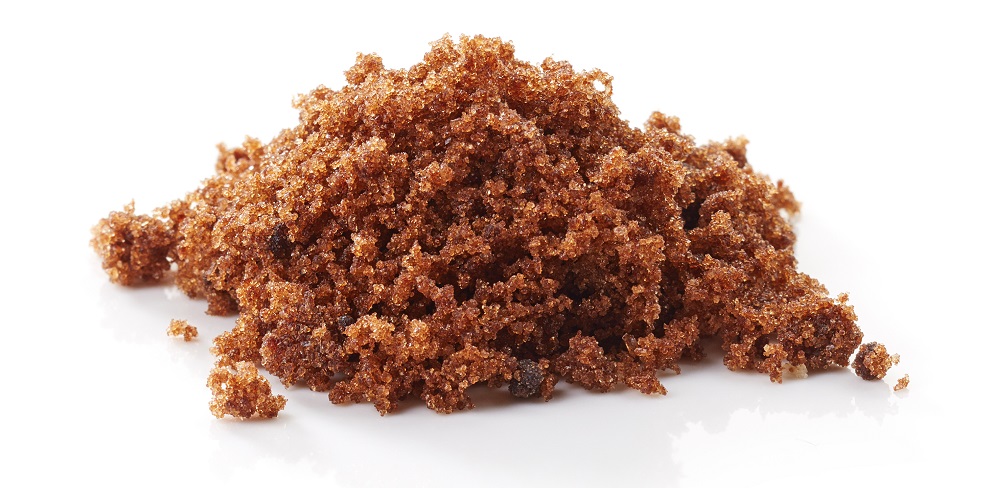Molasses, commonly considered a byproduct of sugar refinement, is a dark viscous syrup. Even though it is only a byproduct, molasses can be used in a variety of ways. It is still used as an ingredient in cooking due to its sweetness and unique flavor profiles. Molasses is also a primary substrate when it comes to ethanol production, especially when making rum. With food items as common as molasses, it is important to determine if whether they are truly appropriate for vegan consumers.
Unfortunately, it is difficult to say if molasses is truly vegan or not. Just like sugar, molasses is considered a gray area ingredient. The sugar industry has been known to use an animal product, bone char, when it comes to sugar refinement. Although this is not always the case, it is difficult to determine which companies use bone char or not. Thus, many vegans would rather avoid sugar or molasses in general as a precaution.

Molasses is a thick dark syrup that is typically described as a byproduct of the sugar industry. Although it is not as sweet as sugar, molasses itself is conventionally used as a sweetener and a high-carbohydrate substrate.
Molasses found its way to the US from the West Indies to make rum (1). After which, molasses became a highly sought-after sweetener. Although molasses was not as sweet as sugar, it became a popular alternative due to its price. The popularity of molasses only declined when the technology of the time finally made refined sugar more affordable and accessible to the masses.
Nowadays, molasses is still used in the food industry. Aside from rum production, molasses can be seen used in baking and in barbecue sauces. It is also a principal ingredient in brown sugar as brown sugar is made by adding back the molasses to the boiling sugar crystals.
In the US, molasses is deeply associated with the Great Molasses Flood in 1919. A large storage tank broke, releasing an estimate of 2.3 million gallons of molasses into the streets of the North End neighborhood in Boston, Massachusetts. The incident was reported to have killed 21 people and injured 150.
Molasses production begins side by side with sugar production since molasses is predominantly considered a byproduct of the sugar industry (2).
Sugarcane or sugar beets are first harvested from large-scale farms. Although factories nowadays have modernized the processes involved in sugar production, the principles used are the same as traditional sugar production.
After harvesting, the plant materials are initially washed to remove excessive quantities of debris such as soil and rocks. After washing, the plant materials are then crushed to extract the juice. Small farms would have motor grinders while factories would pass the plant materials through several mills to extract the raw juice.
The raw juice is then treated with different processes to remove impurities and increase overall purity. Chemical reactants such as lime and sulfur are commonly used. Once the chemical reactants are added, the solution is heated until the chemical reactions separate the raw juice into two parts: the syrup and the mud. The syrup contains the sugar while the mud contains impurities and is subsequently discarded.

After treatment, the syrup is further heated to remove water content. This step also promotes the crystallization of the sucrose content in the syrup.
With much of the water content removed from the prior step, the syrup is then passed through centrifugal tanks that separate sugar and molasses. This process is typically done three times. The molasses produced each time slightly vary as well. While molasses starts as a light and golden syrup, the substance gets darker and thicker after each successive turn.
The third type of molasses is the one commonly used in cooking. It is called blackstrap molasses. It is the least sweet of the different types of molasses. However, it is the thickest and the one with the strongest flavor.
In the sugar industry, sugar is understandably the main product. Thus, molasses is typically sent off to other industries. Common places for molasses to be sent include distilleries for ethanol production.
Molasses is in the same category as sugar itself when it comes to veganism – many vegans believe these substances are classified as gray area ingredients. In this case, it is because of the uncertainty if molasses is truly vegan or not.
As explained above, the raw juice is refined to remove the impurities and other non-sugar components. While many companies use chemical reactants, other companies would also use physical filters. The precise methods can vary from one company to another.
Unfortunately, the case is that some companies would use bone char – the charred skeletal remains of animals. Although bone char is a cheap and effective material for filtration, sugar and molasses produced using bone char cannot be considered vegan since bone char is an animal product.
It is difficult to declare if molasses is vegan or not because companies would typically list the ingredients in product labels. However, it is not common for these companies to include additional information regarding their production processes.
It is especially difficult when molasses is simply an ingredient in a food or beverage product because then vegan consumers are forced to ask the companies directly in one way or another to ask if the products they use are truly vegan or not. This problem is further exacerbated when people and companies have different definitions of veganism. In some way, molasses is indeed vegan since it does not include or contain any animal product. However, an animal product could have been potentially involved – this also makes it non-vegan as well.
It could be said that molasses produced in other places of the world might probably be vegan since the practice of using bone char in the sugar industry is more prevalent in the US than it is anywhere else.
References
